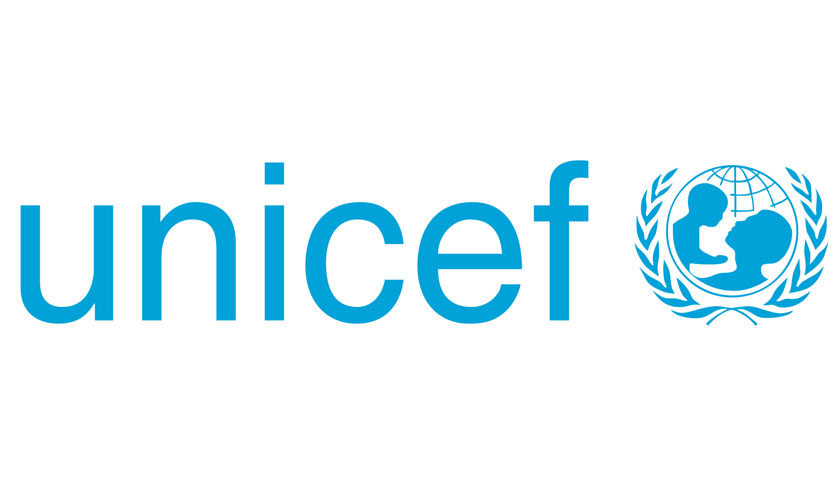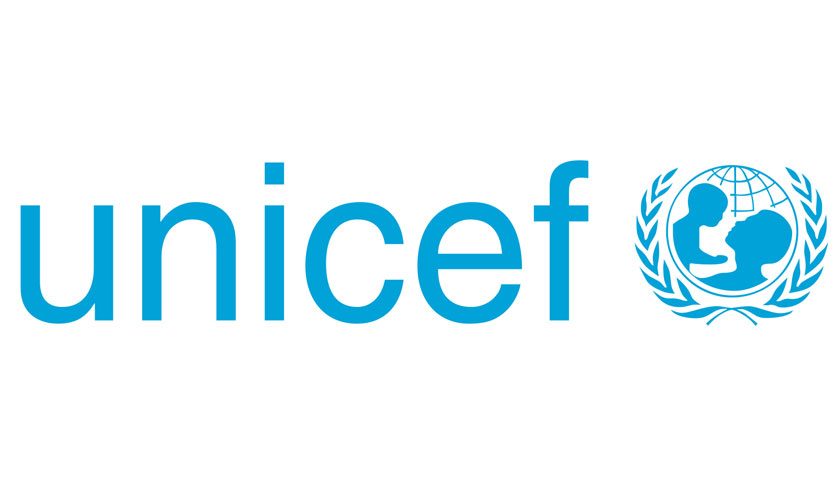The UK Committee for UNICEF (UNICEF UK) and University of Cambridge’s Centre for Research on Play in Education, Development & Learning (PEDAL), have launched a new resource: Understanding and supporting mental health in infancy and early childhood – a toolkit to support local action in the UK.
This practical resource will support service leaders, commissioners and policy teams to develop a whole-system approach to support the mental health of babies and young children now, and to enable them to develop the capacities to be mentally healthy throughout their lives.
Evidence shows that the mental health needs of babies and young children – which present differently than in older children and young people – are not well understood and often overlooked. This toolkit acknowledges that it can be harder for professionals to work together to promote and protect mental health at this life stage, as understanding varies across sectors. It suggests practical steps to help all services play their role and work together and will facilitate shared understanding, and constructive discussions about the needs of babies and young children in local communities.
Sally Hogg, Senior Policy Fellow at PEDAL, said: “Many services across health, social care and education, have a role in supporting babies and young children to be mentally healthy. At present, professionals from these different settings and sectors can have different views on what mental health means for babies and young children and use different language to describe it. This makes it harder for them to work together to meet children’s needs. Our toolkit will help to move towards a shared understanding, which is vital for effective action.”
“The toolkit contains a new framework to describe mental health in early childhood. It captures the essence of what it means for babies and young children to be mentally healthy now, and the capacities that young children develop to be mentally healthy as they get older. Often the drive to improve services is, understandably, focused on future outcomes such as school-readiness or preventing later mental health problems. The being and becoming elements of this framework prompt decision makers to focus on children’s mental health in the present, as well as the future.”
Joanna Moody, Senior Policy Adviser – Child Mental Health and Wellbeing, the UK Committee for UNICEF (UNICEF UK), said: ‘Experiences in the first few years of life can play a significant part in shaping a child’s wellbeing now and in the future – how healthy their life will be, their ability to make friends and form meaningful relationships, their understanding and management of emotions, and their capacity to learn and play. In these early moments and years – when a child’s brain is growing so fast – it is essential we support children to be mentally healthy, and help lay strong foundations for their future.
‘There are many services including early childhood education, social services, maternity, health visiting, primary care, mental health and voluntary sector that have a vital role to play in supporting the mental health of babies and young children, and that of their parents and caregivers. Supporting multi-sector working, along with addressing the structural inequalities that affect families, can help give children the best start in life. This toolkit and framework will support professionals, policy makers and services with a shared understanding of mental health in this age group, to ensure better outcomes for the families and children in their care.’
Dr Clare Lamb, Lead for Under 5s Mental Health at the Royal College of Psychiatrists’ Child and Adolescent Faculty, said: “The early years are an important time in the lives of babies and young children, critical for psychological and brain development, and for the formation of relationships and emotional and social functioning – all of which underpin healthy development. Parents and carers who establish sensitive and responsive relationships with their children help lay a positive foundation for their child’s long-term mental health.
“We know that children with mental health needs benefit from a multi-disciplinary and multi-agency approach. Practitioners should consider a child’s emotional and social development within the context of their relationship with their carer, wider environment and exposure to inequalities.
“It is important that professionals, policy makers and services all develop a better understanding of the mental health needs of this age group. They must ensure appropriate services are available to support better outcomes for babies, young children and their families.
“The College is developing a position statement which makes the case for a focus on the early years as an important opportunity for the prevention and early treatment of mental health conditions in young children. Prioritising babies and young children’s mental health will help prevent them from developing more serious conditions in later childhood and adulthood.”
This project is part of the UK Committee for UNICEF (UNICEF UK)’s Early Moments Matter campaign, which is calling on the UK Government to deliver a ‘National Baby and Toddler Guarantee’. This Guarantee would set out the basic services that every young child in the UK is entitled to – including mental health support, making sure that families know what support is available for their baby’s health, wellbeing, and early education, right from the start, no matter who they are or where they live.


